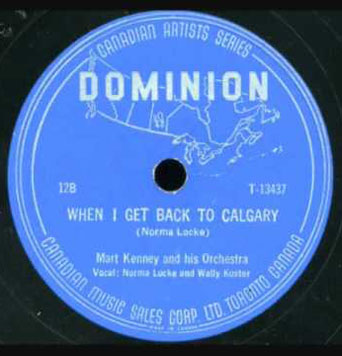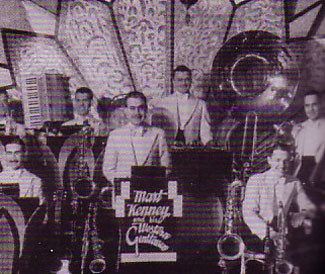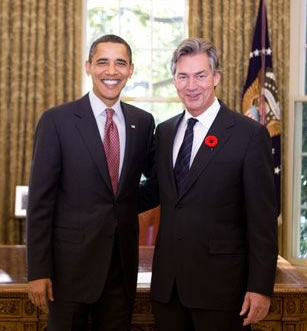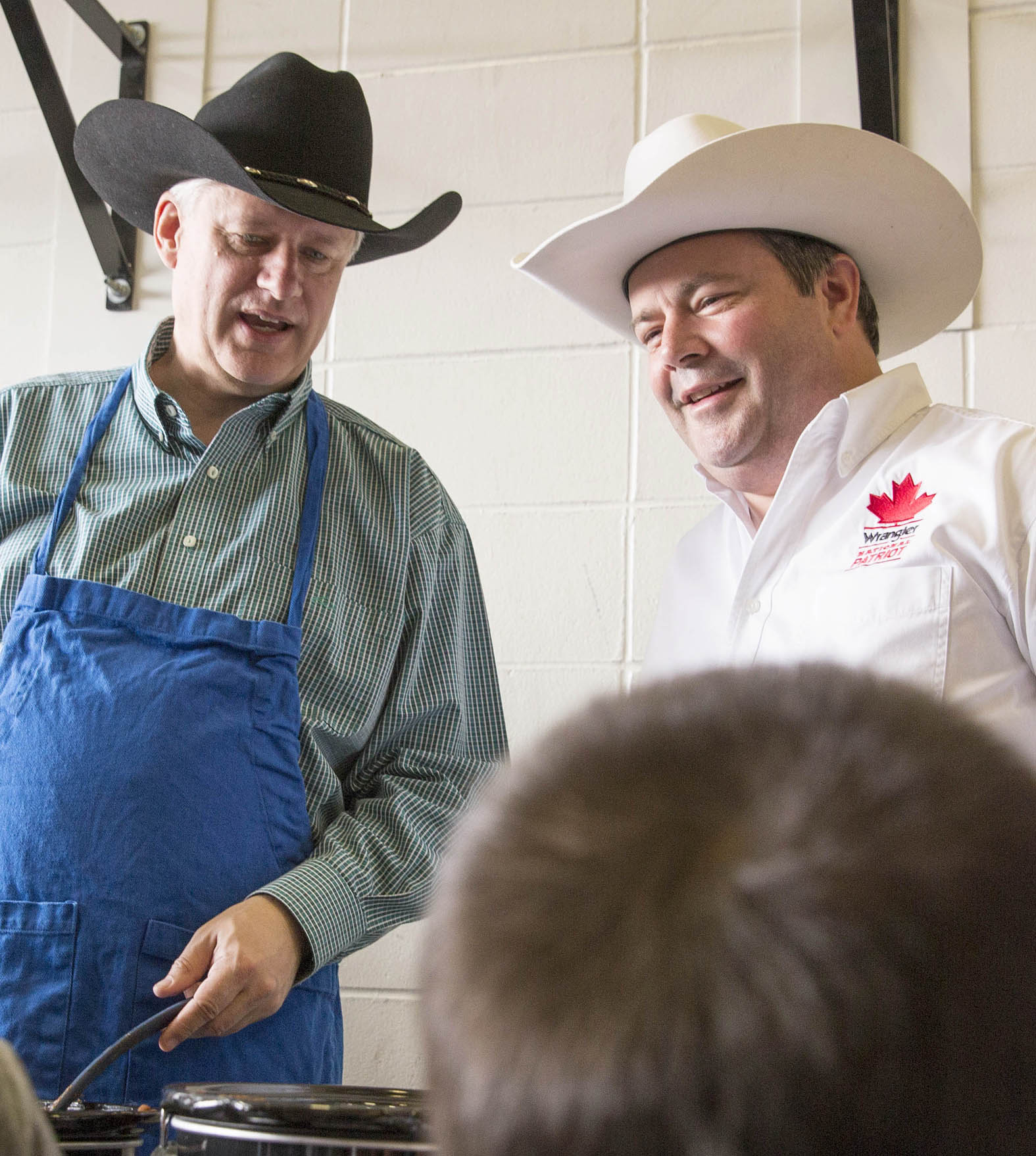Defence minister’s grandmother leaves PM Harper ironic campaign theme song
Jul 19th, 2015 | By Counterweights Editors | Category: In Brief
The truth seems so easy to forget. Maybe because it so often reminds us of unpleasant facts? Or at least facts we would just as soon not remember?
So we counterweights editors here have been wondering. Why, in the middle of July 2015, Â is the Citizen X posting for January 31, 2015 still dragging in unusually large numbers of visitors?
It must, we think, have something to do with the title – “Standing up for Canadian flag’s 50th birthday .. and Sarah Palin, Emma Holten, migrants to Canada and USA.” And it does, sort of!
Every time we go and actually look at this piece, the mystery is quickly solved. We smile and soon forget this particular naked truth.
The big attraction is “Emma Holten” (not the 50th birthday of the Canadian flag!). Back when the nights were very cold she posted naked pictures of herself, that she consented to place in  public domain on the net. It was her way of fighting back at other naked pictures of her that were stolen. (What a brilliant idea!)
 As they say on Monty Python, say no more, say no more … Meanwhile (and more importantly), a correspondent in Mission, BC has sent in a You Tube recording of an old aspiring Canadian musical hit.
As they say on Monty Python, say no more, say no more … Meanwhile (and more importantly), a correspondent in Mission, BC has sent in a You Tube recording of an old aspiring Canadian musical hit.
The suggestion here is that Norma Locke’s “When I Get Back to Calgary” from the big-band swing era of the 1930s, 1940s, and 1950s – as backed up by her husband Mart Kenney and His Western Gentlemen – has finally come into its own. It makes an excellent ironic campaign theme song for Prime Minister Harper, in this fall’s Canadian federal election.
You can say that this is not even a stupid but still sort-of funny partisan joke, and that is probably true. But CLICK HERE and take two minutes or so to listen to the actual song – on the old Dominion label, and with Wally Koster (what old CBC TV fellow traveller is old enough to remember him, on Cross Canada Hit Parade?), singing with Ms. Locke.
 The song almost seems to tell too much about Mr. Harper’s current situation – and that of we the people of Canada, such as we are in the year 2015. (Or whatever it is on other calendars from other cultures, in the real new age of the global village.) As in, eg, “I left Alberta where the weather is sunny / To come down east to make a lot of money,” etc.
The song almost seems to tell too much about Mr. Harper’s current situation – and that of we the people of Canada, such as we are in the year 2015. (Or whatever it is on other calendars from other cultures, in the real new age of the global village.) As in, eg, “I left Alberta where the weather is sunny / To come down east to make a lot of money,” etc.
And you wonder. What would Monty Python say about this? And then you realize that even this question betrays the many legacies of the fallen empire that haunt you still.
And this is even much more deeply and profoundly true for Stephen Harper, who sponsored a private member’s bill to reinstate Dominion Day late in 1996.
He told the Canadian House of Commons back then :“It has been a mistake for this country to try and preserve its future by destroying its past and the name Dominion Day should be restored.”
Starting in the second month of 2006, Mr. Harper has been able to (more or less) restore such things as he wished for more than nine years now. (He couldn’t get Senate reform, but he could restore the old colonial name of the Royal Canadian Air Force, etc.)
What if the ballot question this coming October is just : “How much longer can the country afford to indulge Mr. Harper’s largely failed restoration of the old Dominion of Canada, that Lester Pearson and Pierre Trudeau (and then both Jean Chretien and Brian Mulroney) put into a well-deserved retirement in the 1960s and 1970s (and 1980s and 1990s too)?”
 After all, we are no longer the first self-governing dominion of the global empire on which the sun never dared to set. We have now grown into something else, that still honours the past but doesn’t try to stop the future.
After all, we are no longer the first self-governing dominion of the global empire on which the sun never dared to set. We have now grown into something else, that still honours the past but doesn’t try to stop the future.
(And that honours all our various pasts in Canada  – from before as well as after 1763 : and after as well as before the first Canadian Citizenship Act in 1947 and the Charter of Rights and Freedoms in 1982.)
There is also a multi-partisan message from the high ground here, we think. If Stephen Harper does finally “lose” the October 19 election looming before us, in one practically effective way or another, he can go back to Calgary with some pride.
Whatever else, history will surely judge that Mr. Harper’s new Conservative Party of Canada (modelled in so many ways on the old Liberal Party of Canada?) finally brought the West into the federal corridors of power in early 21st century Ottawa.

Gary Doer with President Obama, at his credentials ceremony as Ambassador of Canada to the United States of America in 2009.
The Conservative prime minister’s 2009 appointment of the former NDP premier of Manitoba, Gary Doer, as Ambassador of Canada to the United States of America (along with Ambassador Doer’s acceptance) confirmed the seriousness and credibility of his West-wants-in policy.
Moreover, in helping sow the soil for the election of Rachel Notley as first NDP premier of Alberta, Stephen Harper has also finally given us a different Canadian West than even he expected. And, some will say, he should be further honoured for exceeding his own expectations.
And then there is the very final touch. Norma Locke’s “When I Get Back to Calgary,” as backed up by her husband Mart Kenney and His Western Gentlemen, is a musical invention of the grandparents of Mr. Harper’s leading cabinet minister and most logical successor, Jason Kenney, currently minister of defence.

Defence minister Jason Kenney and Prime minister Stephen Harper visit Canadian forces stationed in Kuwait, May 2015. "Belief in the Army and the Empire" (George Lichtheim) is an old British Tory article of faith.Â
(Mr. Harper and Mr. Kenney were both born in the Greater Toronto Area, and now sit in the Canadian House of Commons for Calgary Southwest and Calgary Southeast, respectively.)
Now if only Mart Kenney himself hadn’t had his own fling with federal politics, as a candidate for a 1968 Liberal nomination in York North. But then again both Jason Kenney and Stephen Harper began their most youthful political careers as Liberals too!
Not quite like today’s federal NDP leader Thomas Mulcair, who was earlier a provincial Liberal cabinet minister in Quebec. But vaguely similar, in some ways at least?
Let those who have never been Liberals in Canada cast the first stone.



